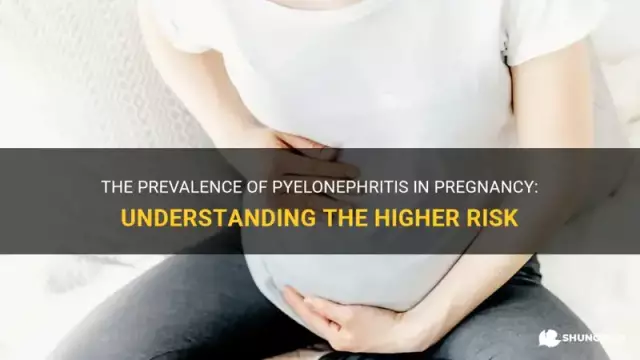- Author Curtis Blomfield blomfield@medicinehelpful.com.
- Public 2023-12-16 20:44.
- Last modified 2025-01-23 17:01.
Roseola is a very common infectious disease. As a rule, it is diagnosed in young children under two years of age. In medicine, roseola in a child can also be found under a different name, namely, sudden exanthema. It is noteworthy that in this case it can be quite difficult to make an accurate diagnosis, since the primary symptoms can be easily confused with SARS or rubella. Let's talk about this disease in more detail.
Reasons

According to experts, roseola in a child occurs due to the ingestion of the herpes virus of the 6th and 7th types. If in the older generation they cause mainly chronic fatigue syndrome, then in the younger generation they cause the above-described exanthema. The virus enters the skin tissues, then causes damage to them, enters into rapid reactions with immune cells. As a result of all these processes, a rash appears on the skin of babies. According to experts, currentlythe moment of roseola is quite common, but the mechanism of infection has not been finally studied. It is assumed that the virus enters the body through airborne droplets. This is how roseola develops consistently.
Symptoms in children
First of all, in small patients, the body temperature begins to rise rapidly, reaching the mark of 40 degrees. It is noteworthy that the effectiveness of all antipyretic drugs is almost minimal. The temperature lasts for about 3-5 days, and on the last day it drops sharply, then a reddish rash appears all over the body.

In addition, roseola in a child also manifests itself in the form of some additional symptoms, namely: enlarged lymph nodes in the neck, decreased appetite, lack of activity.
Diagnosis
When the first signs of this disease appear, it is recommended to seek qualified help from specialists. In addition to a visual examination, due to which roseola is mainly diagnosed in a child, a number of tests will be required.
Treatment
Unfortunately, at the moment, doctors cannot offer the only true way to cure such an ailment as roseola in a child. Most often, specialists prescribe various kinds of antipyretic drugs (Nurofen, Paracetamol). Parental care also plays a special role. So, they should ensure that the baby eats well and drinks the required amount of liquid (water, juices, etc.) in order to avoid subsequentbody dehydration. In addition, it is recommended to constantly ventilate the room. When convulsions occur, it is better to call the ambulance team.
Preventive measures

Taking into account the fact that infection occurs, according to experts, by airborne droplets, parents are advised to somewhat limit contact with those children who are presumably already sick.
Conclusion
So, in this article we talked in detail about what constitutes roseola disease in children, a photo of which can be seen in special medical publications. Subject to the above preventive measures, this disease will not affect your child at all.






